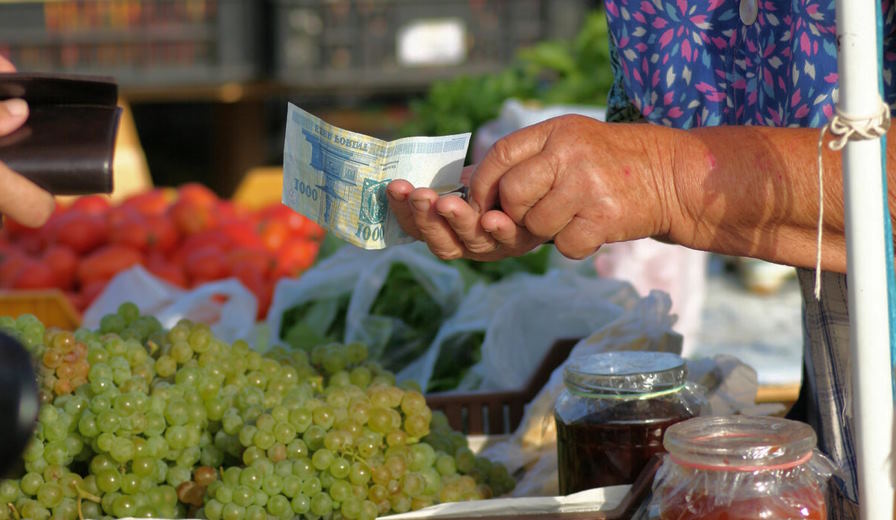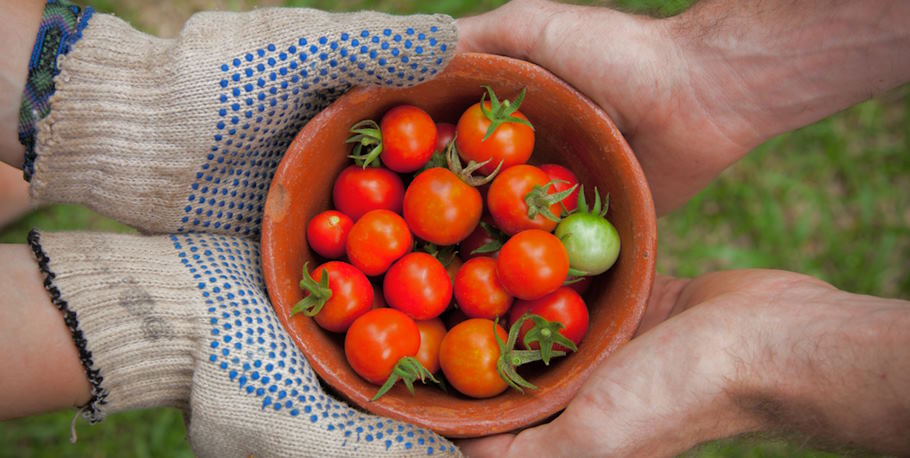As the global economy becomes increasingly interconnected, trade liberalization has emerged as a prominent force driving economic growth and fostering international cooperation. However, the pursuit of open markets and the unrestricted flow of goods often comes into conflict with the principles of food sovereignty, which emphasize local control, sustainable agriculture, and equitable access to nutritious food. Striking a delicate balance between economic interests and the preservation of local food systems is a pressing challenge in today’s world. Moreover, we aim to shed light on strategies that can reconcile these seemingly opposing forces, fostering a harmonious coexistence that prioritizes both economic prosperity and the resilience of local food systems.
The Tension between Trade Liberalization and Food Sovereignty
Conflicts between trade liberalization and food sovereignty:
The pursuit of trade liberalization, with its emphasis on removing barriers to international trade, can often clash with the principles of food sovereignty. While trade liberalization promotes economic growth and market access, it can undermine local food systems by favoring large-scale industrial agriculture over small-scale, sustainable farming. This conflict arises due to the potential for increased competition from cheaper, imported goods that may flood local markets and displace local farmers. Additionally, trade agreements often include provisions that protect intellectual property rights and promote the use of genetically modified organisms (GMOs), which can challenge food sovereignty principles of seed sovereignty and traditional farming practices.
Impact on local food production and agricultural practices:
Trade liberalization can significantly affect local food production and agricultural practices. The focus on export-oriented agriculture and cash crops, driven by the demands of the global market, can divert resources away from diversified, locally adapted food production. This shift may lead to a loss of agricultural biodiversity, dependence on external inputs such as chemical fertilizers and pesticides, and the abandonment of traditional farming methods. The pressure to meet international quality and safety standards may also force small-scale farmers to comply with costly certifications, putting them at a disadvantage.
Impact on food security and access to nutritious food:
While increased trade can enhance food availability and provide access to a wider variety of products, it can also disrupt local food systems. Reliance on imported food leaves communities vulnerable to market fluctuations, transportation disruptions, and trade barriers. Moreover, the focus on export-oriented agriculture may prioritize the production of cash crops over staple foods, affecting the affordability and accessibility of nutritious options for local populations. This imbalance can exacerbate inequalities in access to food, leading to food insecurity and increased dependence on global food chains.

Balancing Economic Interests with Local Food Systems
The need for a balanced approach:
To ensure a sustainable and equitable future, it is crucial to strike a balance between trade liberalization and the preservation of local food systems. While trade liberalization offers economic opportunities and access to global markets, it must be accompanied by measures that safeguard local food production, protect small-scale farmers, and promote food sovereignty principles. A balanced approach acknowledges the importance of economic growth while recognizing the need to maintain resilient local food systems that prioritize food security, environmental sustainability, and cultural heritage.
Strategies to promote local food systems within a liberalized trade environment:
Promoting local food systems amidst trade liberalization requires a combination of policy interventions and grassroots initiatives. Governments can implement measures such as providing subsidies, incentives, and technical support to small-scale farmers, encouraging agroecological practices, and investing in rural infrastructure. Emphasizing short food supply chains and supporting local markets can also bolster local food systems. Additionally, fostering dialogue and collaboration between different stakeholders, including farmers, consumers, policymakers, and trade organizations, can lead to innovative solutions that reconcile economic interests with the preservation of local food systems.
Successful examples of balancing trade liberalization and food sovereignty:
Several countries and regions have successfully managed to strike a balance between trade liberalization and food sovereignty. For instance, Costa Rica has implemented policies that promote organic agriculture, protect biodiversity, and prioritize domestic food production while engaging in international trade. Bhutan has adopted a unique approach by prioritizing Gross National Happiness over Gross Domestic Product, leading to policies that emphasize self-sufficiency, organic farming, and cultural preservation. In Canada, the Province of British Columbia has implemented initiatives that support local food procurement in public institutions, fostering a thriving local food economy.

Policy Recommendations
Supporting both trade liberalization and food sovereignty:
Policymakers play a crucial role in finding a balance between trade liberalization and food sovereignty. Here are some recommendations to support both objectives simultaneously. First, integrate food sovereignty principles into trade agreements, ensuring that they prioritize local food systems, small-scale farmers, and sustainable agricultural practices. Second, invest in research and development of locally adapted agricultural technologies to enhance productivity while preserving ecological balance. Third, establish mechanisms for transparent and inclusive decision-making processes that involve farmers, consumers, and civil society organizations in trade policy discussions.
Emphasizing sustainable agriculture and responsible trade practices:
Sustainable agriculture is essential for the long-term viability of local food systems. Policymakers should incentivize and promote agroecological practices that conserve natural resources, reduce chemical inputs, and enhance biodiversity. Moreover, responsible trade practices should be encouraged, such as fair trade certifications, which ensure equitable prices for farmers and support sustainable production methods. Policies that promote transparency in labeling, traceability, and product certifications can also empower consumers to make informed choices and support local, sustainable food options.
Empowering local food producers and strengthening food systems:
To strengthen local food systems, policymakers should implement measures that empower local food producers. This includes providing access to affordable credit, technical assistance, and training programs to enhance agricultural practices and marketing capabilities. Developing supportive infrastructure, such as storage facilities, processing centers, and local distribution networks, can also enable small-scale farmers to compete in the market. Furthermore, policies that prioritize public procurement of local food in schools, hospitals, and government institutions can create stable demand for local produce and contribute to the growth of local food systems.
